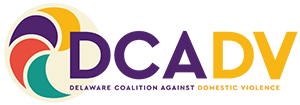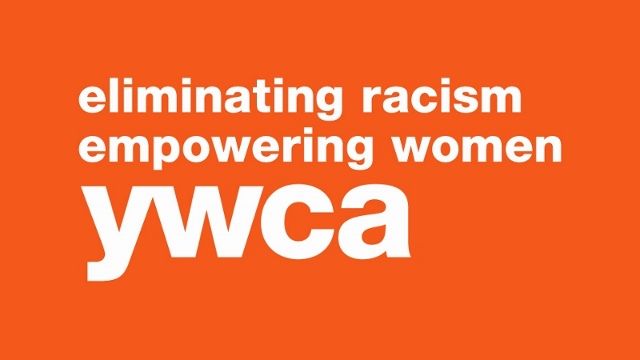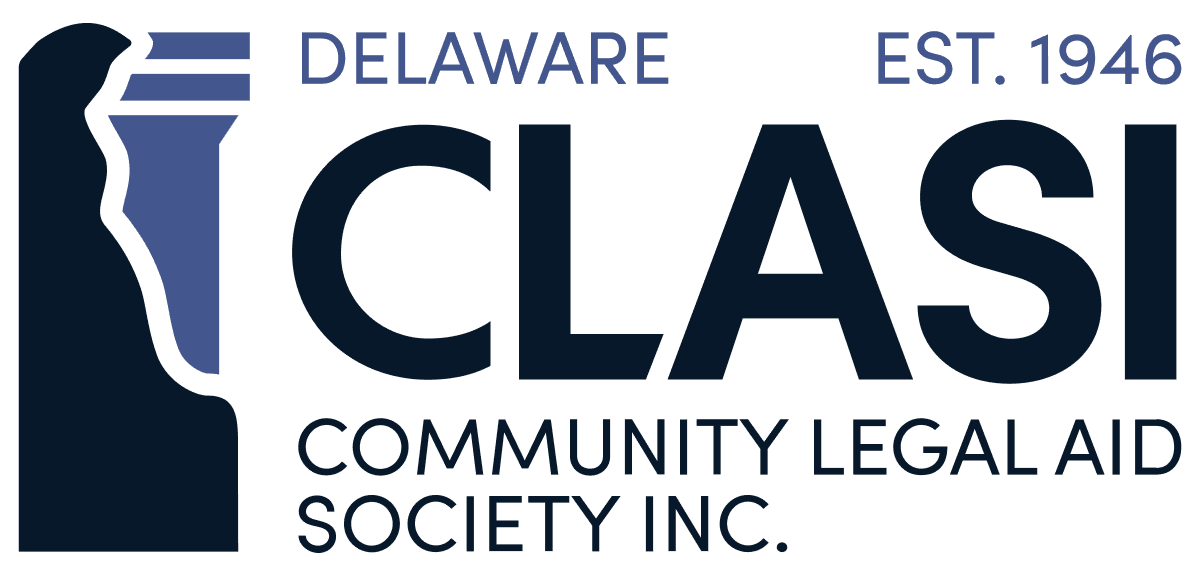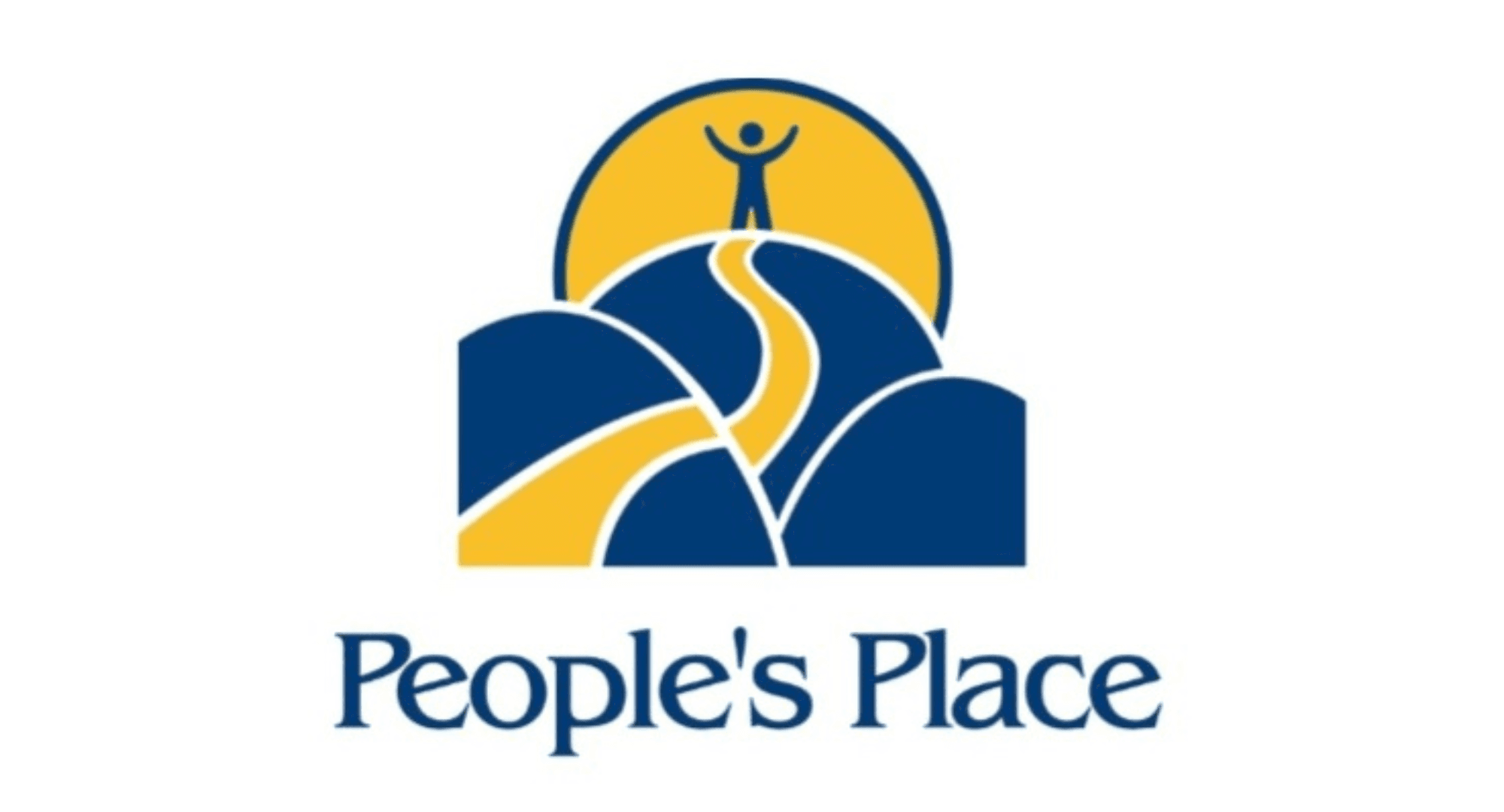January is Stalking Awareness Month
Sue Ryan, DCADV's Executive Director
Stalking is a pervasive crime, often used by abusers to harass and intimidate. Stalking can take many forms including physically following, driving by or waiting for someone; using technology to spy on another; using social media to post embarrassing photos or to make implied or direct threats. Because stalking can involve so many different tactics, it can sometimes be difficult to recognize. This is especially true when the stalker uses what appears to be “romantic gestures,” such as sending cards, flowers, or messages of love. To an outsider it may seem innocent, but to the victim this unwanted pursuit can be terrifying.
Because stalking is a contextual crime it is essential to consider the impact on the victim and not the intent of the perpetrator, which is always difficult to prove or easily disguised.
Delaware’s current criminal statute protects against stalking behavior that creates fear of physical harm as well as stalking behavior that causes mental anguish and distress. If a reasonable person would find the behavior threatening or distressing, then it is a crime.
Often times a victim of stalking will be hesitant to seek help because they are not certain if the behavior is a crime or how they will “prove” it. Because stalking can involve the use of technology or social media, victims may worry that they do not have the evidence needed to get help. But, safety is the most important concern and so the Delaware Coalition Against Domestic Violence (DCADV) encourages anyone who is a victim of stalking to reach out for help by talking with a DV advocate or law enforcement.
If you are a victim of stalking or you know someone who is a victim, there is help available. Please call one of the 24- hour Domestic Violence Hotline numbers:
· CHILD Inc.’s Domestic Violence Program New Castle County 302-762-6110
· The SAFE Program at People’s Place II Kent & Sussex Counties 302-422-8058
· Abriendo Puertas Bilingual Hotline Sussex County 302-745-9874
There is also a national resource center that provides training and technical assistance to first responders and victim advocates, operated through Aequitas, a technical assistance center for prosecutors. This Stalking Prevention, Awareness, Resource Center can be reached at this website: https://aequitasresource.org/singleinitiative/?initiativeId=%207




